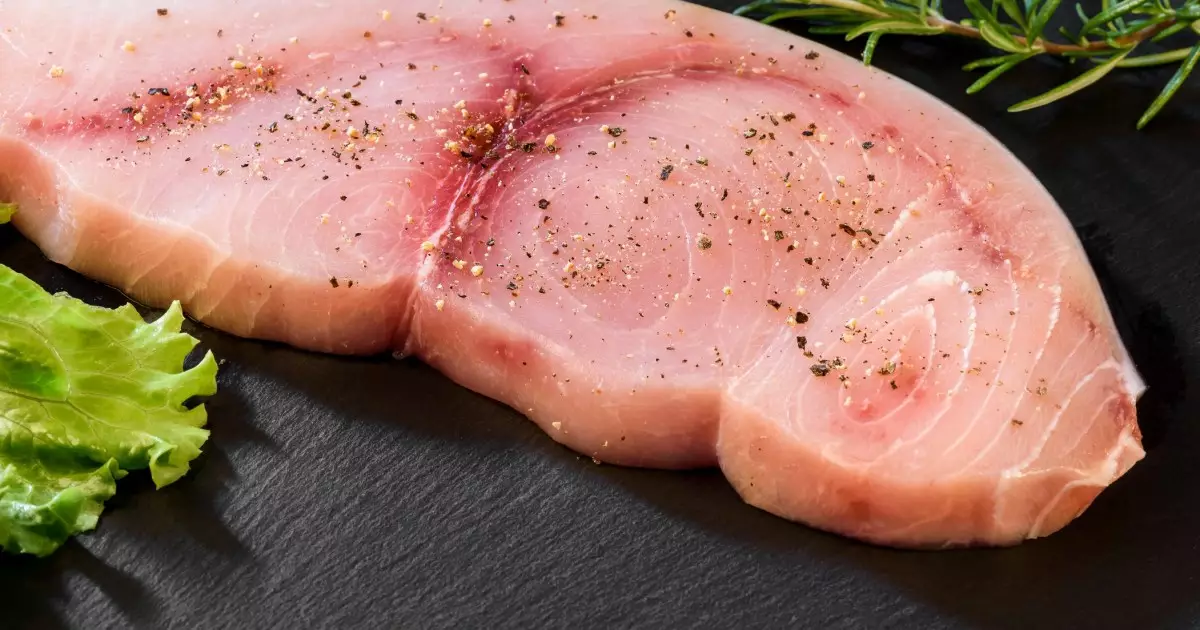While it may be tempting to share your delicious swordfish dinner with your furry friend, it’s crucial to think twice. Though swordfish may not be outright toxic, it poses significant risks due to high mercury accumulation. Large fish such as swordfish and tuna are particularly susceptible to accumulating harmful heavy metals over their extensive lifespans. This accumulation can have alarming health implications for dogs, potentially leading to severe health issues down the line. It’s not just a matter of preference; the safety and wellbeing of your pet should remain paramount when considering their diet.
Why Mercury is a Major Concern
Mercury, a heavy metal prevalent in larger fish, is notorious for its detrimental effects. When ingested, even in small amounts over time, it can lead to mercury poisoning, which may manifest through neurological and gastrointestinal symptoms. The long-term exposure can be particularly worrisome for dogs, as it might result in chronic health problems that could significantly diminish their quality of life. Therefore, opting for safer fish varieties is not just a thoughtful choice; it’s a necessary step for any responsible pet owner. Smaller fish species like herring, sardines, and cod are ideal alternatives packed with protein and beneficial Omega-3 fatty acids, without the associated risks of mercury.
The Role of Vet Consultation in Pet Nutrition
When contemplating any changes to your dog’s diet, especially the introduction of new foods like fish, consulting your veterinarian is non-negotiable. Vets can provide tailored advice based on your dog’s unique health profile and dietary needs, ensuring that your decision supports their overall wellness rather than jeopardizing it. Even if your dog manages to snag a small piece of swordfish, monitoring their behavior and health closely is essential. Signs such as vomiting or diarrhea should trigger an immediate call to your vet, as professional guidance ensures your pet’s safety.
When Swordfish Becomes a Harmful Habit
While the occasional bite of swordfish is unlikely to cause acute harm, treating it as a regular part of your dog’s diet is ill-advised. Regularly introducing high-mercury fish could lead to cumulative health risks that manifest over time, with potentially devastating consequences. Your dog’s diet should prioritize their health–balanced, nutritious, and safe food choices are imperative. The risks associated with swordfish necessitate that it remains an exceptional and not a routine offering, ensuring that your pet’s health remains uncompromised.
While swordfish may seem like an exciting culinary treat to share, the risks it poses to dogs must not be underestimated. Prioritizing their safety by opting for fish that are less likely to contain harmful levels of toxins is a small but significant step every pet owner can take.

